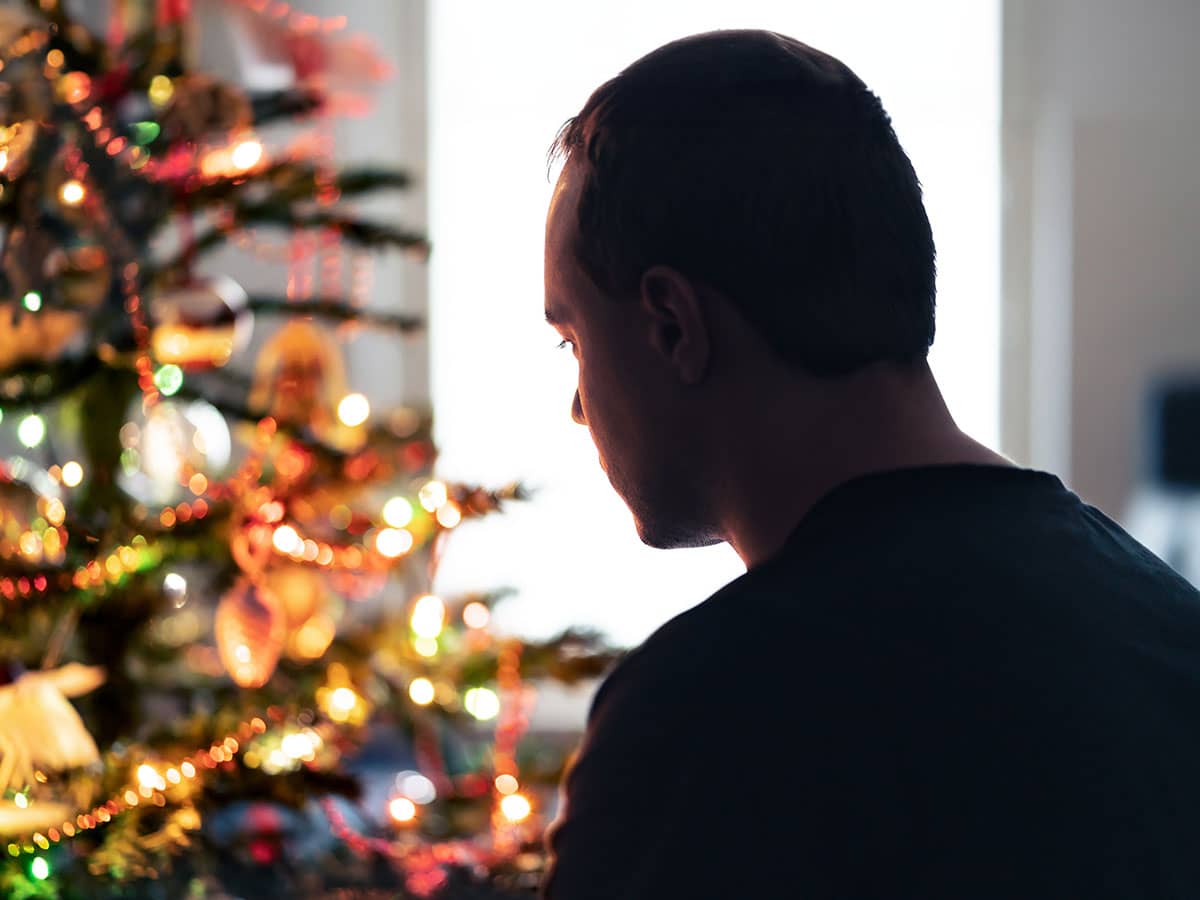Report of the arrests came as Beijing's top Catholic official--in the United States for a United Nations meeting of international religious leaders--declared China was in a "golden age" for religion.
However, the official China Daily also quoted Bishop Michael Fu Tieshan, president of the China Patriotic Catholic Association, as telling an audience in Los Angeles that the poorly-educated were easy prey for cults.
The church members were seized Wednesday in an afternoon raid in Henan province's Xihua county and have been detained at the county jail, the Information Center for Human Rights and Democracy (ICHRD) reported.
Among those arrested were Henry Chu, 36, Patricia Lan, 25, and Sandee Lin, 28, Taiwan-born American missionaries who are residents of California, the Hong Kong-based center reported.
All three were reported released Friday.
The U.S. embassy in Beijing said in a statement a consular official secured the release of the three Americans, who were arrested for "activities incompatible with the tourist status under which they entered China."
"At 4 p.m. on August 25, the FAO (Chinese foreign affairs office) officials contacted the consular officer to inform him that the Americans had been released from detention," the statement said.
Those arrested were members of the Fangcheng church, whose founder, Zhang Rongliang, was sentenced to two years in a labor camp last December on charges of leading a cult. Fangcheng church leaders also were reported arrested last year, prompting members to appeal to U.S. President Bill Clinton to pressure China for their release.
The group is one of scores of clandestine Christian communities, known as house churches because they are unable to worship in public. The officially atheistic communist government forbids worship outside state-sanctioned churches.
However, foreign missionaries estimate the number of Protestants to be as high as ten times the official figure of 11 million. The unofficial churches tend to be more evangelistic and charismatic than the government-approved non-denominational Protestant church.
ICHRD said in a statement the the Fangcheng church, which has about 500,000 members, was one of at least 14 Chinese Christian sects banned by Communist authorities as "evil cults"--as they did the Falun Gong spiritual group.
Like the other Christian groups, the banned church ran afoul of Communist authorities last year for its affiliation with overseas Christians and its refusal to join the government-controlled church, the human rights center said.
A U.S. official in China said China had cracked down on numerous obscure Christian movements. The official said Beijing appeared to be trying to "lump together" the various groups it had banned.
"Some of them, according to the Christian community, are not far from the mainstream and some are quite far from the mainstream," said the official, quoted by Reuters.
The Communist Party-affiliated groups included the Three Self Patriotic Movement of Protestant Churches, the China Islamic Association and the China Patriotic Catholic Association.
The official China Daily quoted Bishop Michael Fu Tieshan, president of the China Patriotic Catholic Association, as telling an audience in Los Angeles that religion was entering a "golden age" in the country of 1.3 billion people.
Fu said China was experiencing an explosion of religious belief, but the poorly-educated were easy prey for cults.
"Religious organizations in China run their own affairs independently and set up religious schools, publish religious books and periodicals and run social services according to their will," the government clergyman was quoted as saying.
But overseas human rights groups have deplored the clampdown on two quasi-religious mediation movements--Falun Gong and Zhong Gong--which China says are trying to overthrow the Communist state, and the strict curbs on conventional religious groups.
Chinese courts have convicted 151 leading members of the Falun Gong spiritual movement since it was banned last year, a Chinese religious official visiting the United States was quoted Friday as saying.
The figure given by Ye Xiaowen, however, did not include as many as 5,000 Falun Gong adherents who human rights groups estimate have been sent without trial to labor camps in the government's 13-month crackdown on the group.
Ye, China's most senior official in charge of religious affairs, said 22 of the 151 Falun Gong adherents were sentenced to up to five years imprisonment, the official newspaper China Daily reported.
It did not say whether Ye detailed the punishments handed out to the remaining 129 adherents. Key Falun Gong organizers have been sentenced to up to 18 years in prison, Chinese official media have previously reported.
China's state-run Catholic church, which does not recognize the pope's authority, says it has more than 70 bishops and four million members. The Vatican says eight million Chinese are loyal to the pope and worship in secret.
The United States and others have criticized organizers of the religious summit in New York--billed as the Millennium World Peace Summitt--for not including the Dalai Lama, exiled spiritual leader of Tibetan Buddhists, apparently after pressure from China.
The organizers belatedly invited the Dalai Lama to the closing ceremony but not to the deliberations and in the meantime the Dalai Lama had made other arrangements.
Evangelical groups have also critized for conference, saying they, too, have largely been excluded. They charge their exclusion resulted from the U.N.'s allegedly anti-family and pro-abortion bias.

